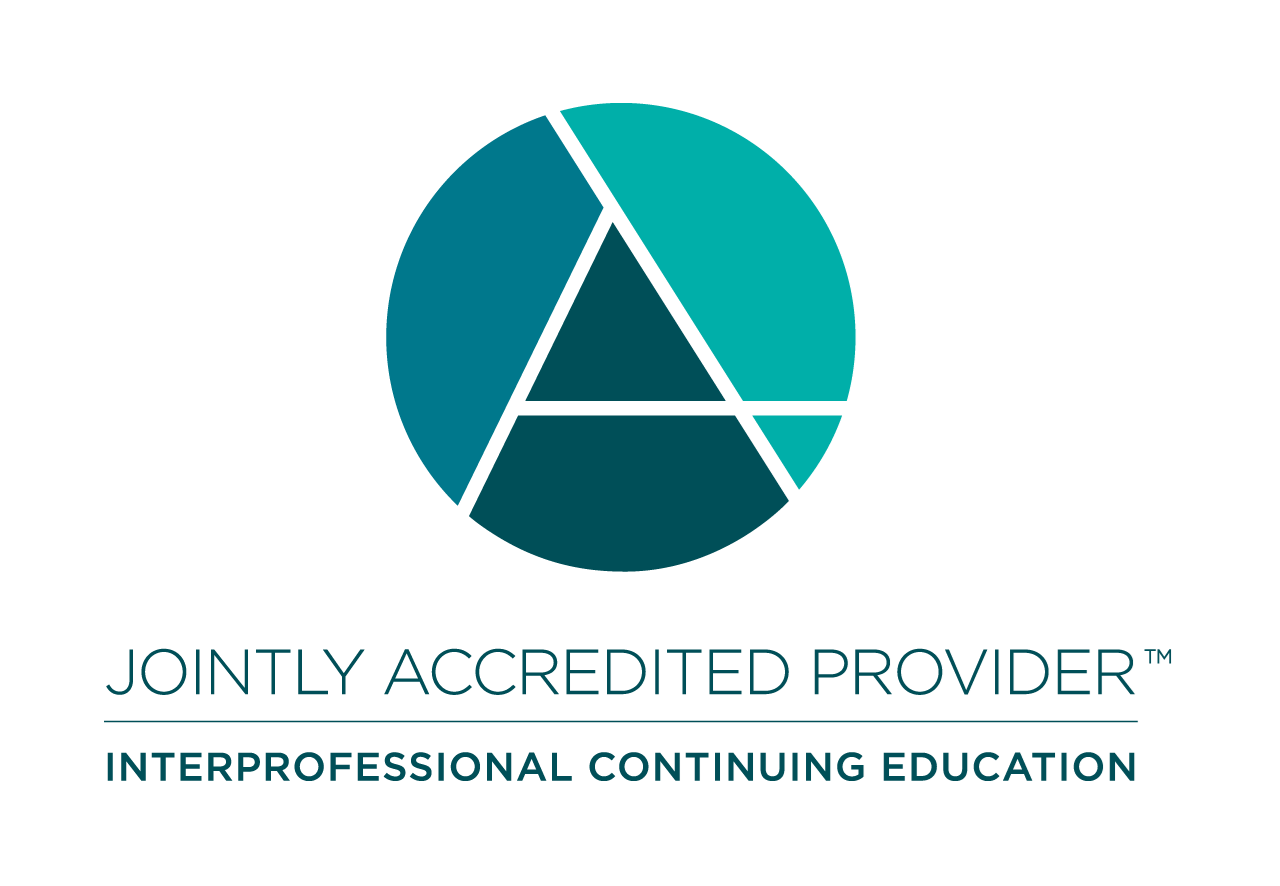New Strategies in Service Line Co-Management: Case Studies of Turning Conflict into Partnering
This session will begin by presenting the challenge a large healthcare system had with the largest neurosurgery group in its market. They were being paid large sums for ED call and medical directorships and receiving other support, as well. No matter how much the system did for the group, it never seemed to be enough. One of the system leaders said, “It’s not that I mind paying them more, but in today’s environment, I have to get more value out of what I’m paying.” This became the springboard for a creative, interest-based negotiation between the system and the neurosurgery group that produced a co-management arrangement and deep partnership that has outperformed the highest hopes of both parties. We will share how the system then used the same approach of using interest-based negotiation to develop a new service line co-management arrangement to deal with groups that had even higher conflict and lower trust with the system than the original neurosurgery group.
Learning Objectives:
- Describe how to navigate challenges with conflict and low trust between physicians and hospitals to achieve enhanced physician-hospital partnering in key service lines.
- Explain how key Stark and Anti-Kickback requirements that apply to service line co-management arrangements create helpful boundaries for more effective dealmaking.
Presented By:
- Paul DePriest, MD, Executive Vice President/COO, Baptist Memorial Health Care Corporation
- Richard Sheff, MD, Chief Medical Officer, The Greeley Company
- Thomas D. Anthony, JD, Attorney, Frost Brown Todd, LLC
This session was originally presented at the 2021 Congress on Healthcare Leadership.
Continuing Education Credit
ACHE Qualifying Education Credit
This recording is eligible for 1 ACHE Qualifying Education credit.
ACHE Education credits will be automatically updated in your My ACHE account upon completion of the recording.
Interprofessional Continuing Education Credit
In support of improving patient care, the American College of Healthcare Executives is jointly accredited by the Accreditation Council for Continuing Medical Education (ACCME), the Accreditation Council for Pharmacy Education (ACPE), the American Nurses Credentialing Center (ANCC), and the American Academy of PAs (AAPA) to provide continuing education for the healthcare team.
This activity was planned by and for the healthcare team, and learners will receive a maximum of 1 Interprofessional Continuing Education (IPCE) credit for learning and change. For further information about Joint Accreditation credits and certificates, please click here.
Physician Continuing Medical Education
The American College of Healthcare Executives (ACHE) designates this live activity for a maximum of 1 AMA PRA Category 1 Credits™. Physicians should claim only the credit commensurate with the extent of their participation in the activity.
Continuing Nursing Education
The American College of Healthcare Executives designates this live activity for a maximum of 1 contact hours of continuing nursing education.
Continuing Pharmacy Education
The American College of Healthcare Executives designates this knowledge-based activity for a maximum 1 contact hours of continuing pharmacy education credit.
Continuing Social Work Education
The American College of Healthcare Executives designates this knowledge-based activity for a maximum 1 contact hours of continuing social work education credit.
Continuing Education for Dietitians
The American College of Healthcare Executives designates this knowledge-based activity for a maximum 1 contact hours of continuing education credit for Registered Dietitians and Dietetic Technicians, Registered. RDs and DTRs should enter activities offered by jointly accredited providers as type 102 on Professional Development Portfolio (PDP) activity logs. CPEUs awarded must be commensurate with participation in the activity.
Physician Associate/Physician Assistant Continuing Education
The American College of Healthcare Executives has been authorized by the American Academy of PAs (AAPA) to award AAPA Category 1 CME credit for activities planned in accordance with AAPA CME Criteria. This activity is designated for a maximum of 1 AAPA Category 1 CME credits. PAs should only claim credit commensurate with the extent of their participation.




